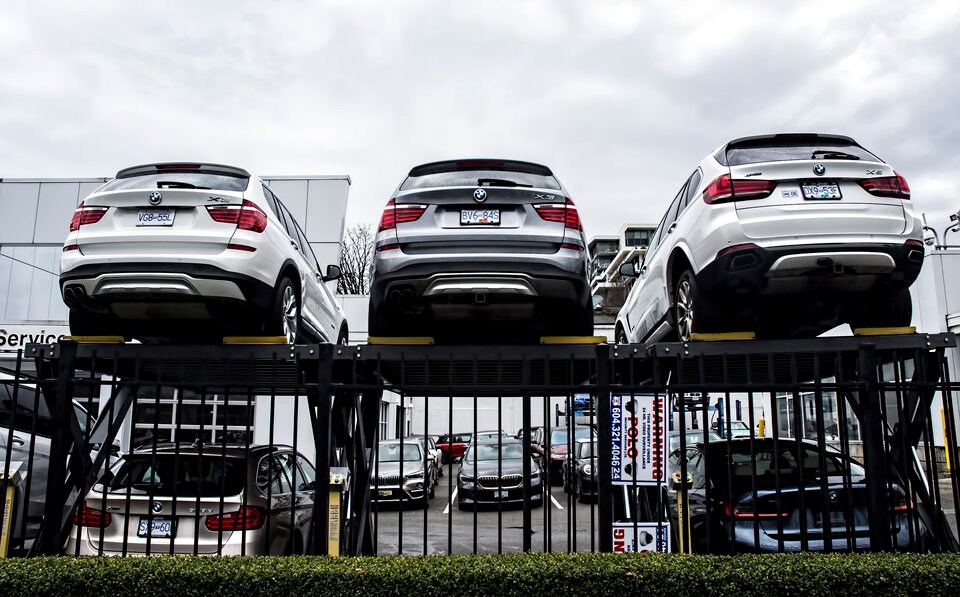The B.C. government is pausing its electric vehicle rebate in a move it says will give it time to review the future of the program.
The Tuesday announcement came the same day the province said its would fail to reach 2030 targets.
B.C.’s Go Electric Passenger Vehicle Rebate Program, which provides up to $4,000 to purchase a new electric car, has funding until May 15, 2025.
The province says it will then pause the program and “consider next steps.”
“People can still purchase or lease an electric vehicle by May 15 and receive a rebate through the Go Electric program,” said the Ministry of Energy and Climate Solutions in a statement.
In January 2025, the federal government paused its EV rebate program that had previously handed out $2,500 to $5,000 to Canadians looking to buy an electric car.
Several experts have warned removing EV rebates has come too soon, and will cause B.C. sales to flatline before the industry can gain a foothold.
Evan Pivnick of Clean Energy Canada said in a statement that EV sales have lost momentum in B.C. because “the current design excludes the province’s most willing adopters: Many young, working British Columbians — a group that could most benefit from the considerable fuel savings EVs provide.”
“While B.C. has only announced a pause to its EV rebate program at this time, we must not walk away from a technology that offers a very real, permanent affordability solution for many B.C. families,” he said.
Pivnick also pointed to other jurisdictions such as California, which has moved to restart its EV rebate program after the U.S. federal tax credit was eliminated. Quebec, meanwhile, launched its own incentive program, he said.
B.C. has chosen to move the other way in recent years.
Under the B.C. program, eligible residents can receive up to $4,000 but that amount is reduced on a sliding scale as applicants’ annual income climbs past $80,000 a year.
The B.C. government has increasingly restricted the program over the last year.
In June 2024, it made a unilateral decision to abruptly cut about 75 per cent of electric and hybrid models from its rebate program.
Those restrictions mean the maximum cost of qualifying vehicles in the “cars” category — including plug-in hybrids, battery electric and fuel cell-powered cars — has dropped to $50,000 from the previous $55,000 under the CleanBC Go Electric rebate.
Josie Osbourne, who was B.C.’s energy minister at the time, said the change was made to ensure rebates were targeted at middle-income families, and would push manufacturers to lower their prices. She said EV sales were “increasing faster than anticipated” requiring government to adjust the rebate program due to available funding.
“That is always the Achilles heel of any program,” UBC energy economist Werner Antweiler said after the federal rebates were paused.
“If it’s successful, it becomes expensive.”



